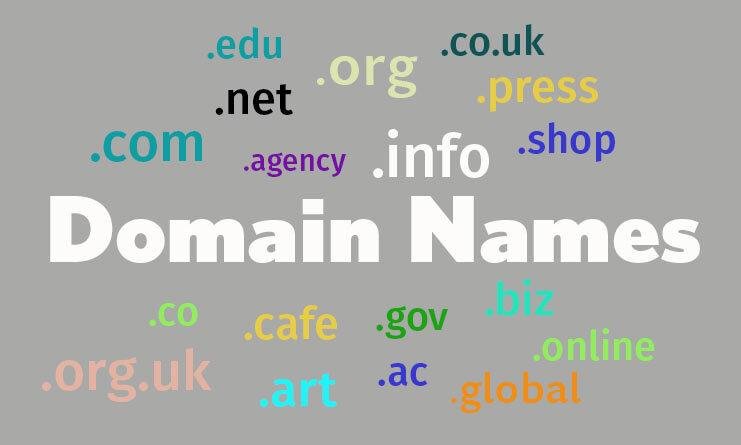The Pros and Cons of Long Domain Names: Unraveling the Impact on Online Presence
In the ever-expanding digital landscape, a domain names serves as a digital address for businesses, organizations, and individuals. It plays a pivotal role in establishing an online identity and facilitating brand recognition. While short and concise domain names are often favored for their simplicity, there is an ongoing debate surrounding the merits and drawbacks of long domain names. This article explores the various aspects of long domain names, shedding light on their potential advantages and disadvantages.
Understanding Long Domain Names
Defining Length in the Digital Realm
A domain name is composed of two primary elements: the actual name and the domain extension (e.g., .com, .org, .net). The length of a domain name refers to the number of characters in its name component. While there is no specific threshold that defines a long domain name, it generally exceeds 15 characters. These longer domain names are often characterized by their specificity, descriptive nature, and inclusion of multiple words or phrases.
Pros of Long Domain Names
Descriptive and Informative
Long domain names provide an opportunity to convey more information about a website or its purpose. They can be descriptive, including keywords relevant to the business, product, or service being offered. This descriptive nature can help potential visitors understand the website’s content before even clicking on the link, potentially increasing click-through rates.
Higher Availability
Short domain names are in high demand, leading to scarcity and higher prices. Long domain names, on the other hand, tend to be more readily available, offering a wider range of choices. This can be advantageous for businesses or individuals seeking a unique online presence or looking to acquire a domain name that closely aligns with their brand.
Improved Search Engine Optimization (SEO)
Long domain names can include important keywords that match users’ search queries. Search engines consider these keywords when determining the relevance of a website to a particular search term. Consequently, a well-optimized long domain name may contribute to better search engine rankings and increased organic traffic.
Cons of Long Domain Names
Increased Complexity
One significant drawback of long domain names is their potential to be complex and difficult to remember. Users might struggle to recall a lengthy web address accurately, leading to a loss of direct traffic. In a world where ease of access is valued, a convoluted domain name may create barriers and hinder the growth of a website.
Prone to Typo Errors
The longer a domain name, the higher the likelihood of typographical errors when manually typing it into a browser’s address bar. Misspelled domain names can result in users landing on the wrong website or encountering an error page. This can lead to frustration and negatively impact user experience.
Limited Branding Opportunities
Long domain names can be challenging to incorporate into marketing materials or promotional efforts due to their length. They may lack the brevity and simplicity needed to create a memorable brand image. Additionally, social media platforms often impose character limits, making it challenging to share long domain names effectively.
Conclusion
Long domain names present a mixed bag of advantages and disadvantages. They offer descriptive value, availability, and potential SEO benefits, which can be advantageous in certain contexts. However, they also introduce complexity, increased potential for errors, and limitations in branding opportunities. When choosing a domain name, it is crucial to strike a balance between length, relevance, and user-friendliness. Ultimately, a well-chosen domain name, whether long or short, should align with the goals and branding strategy of the website or business it represents.




